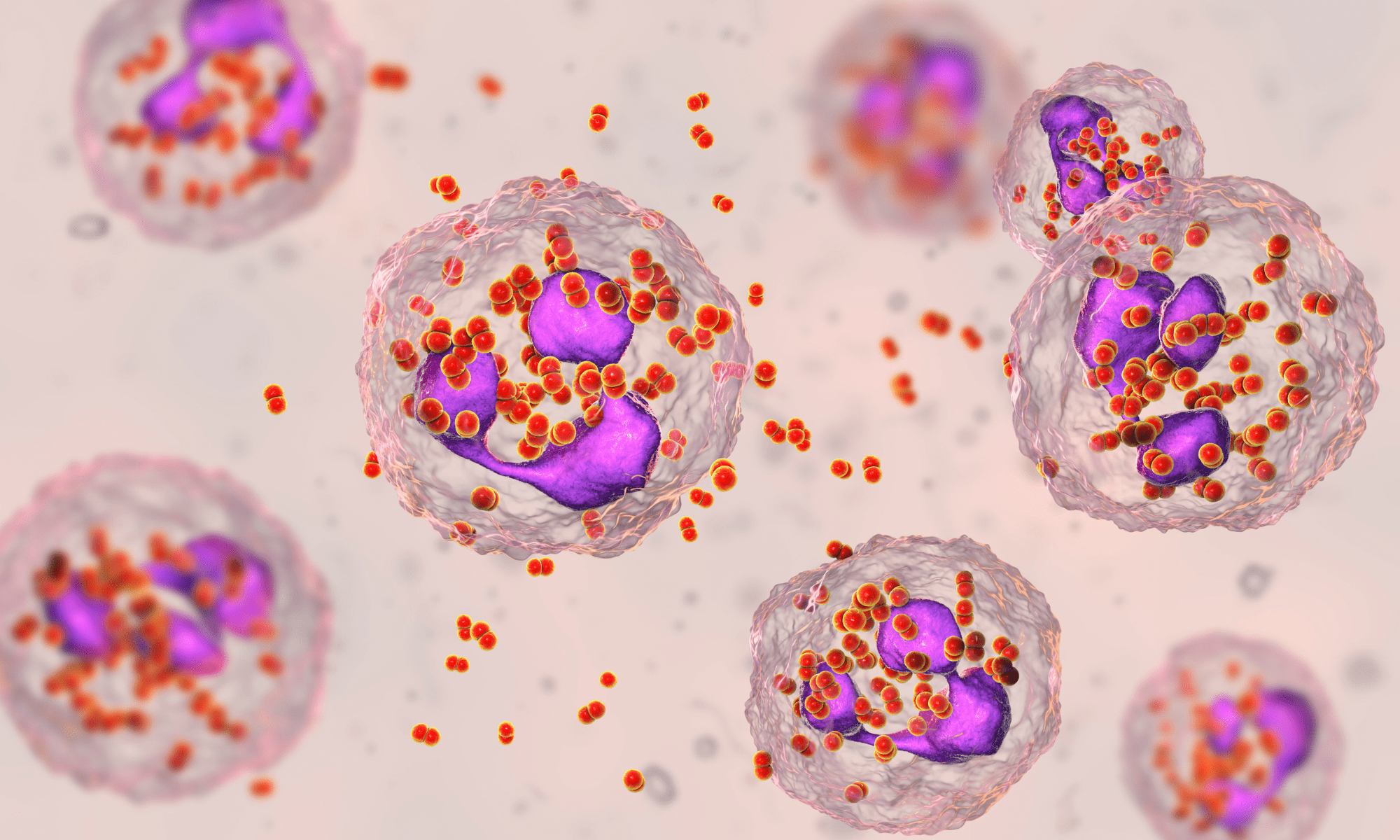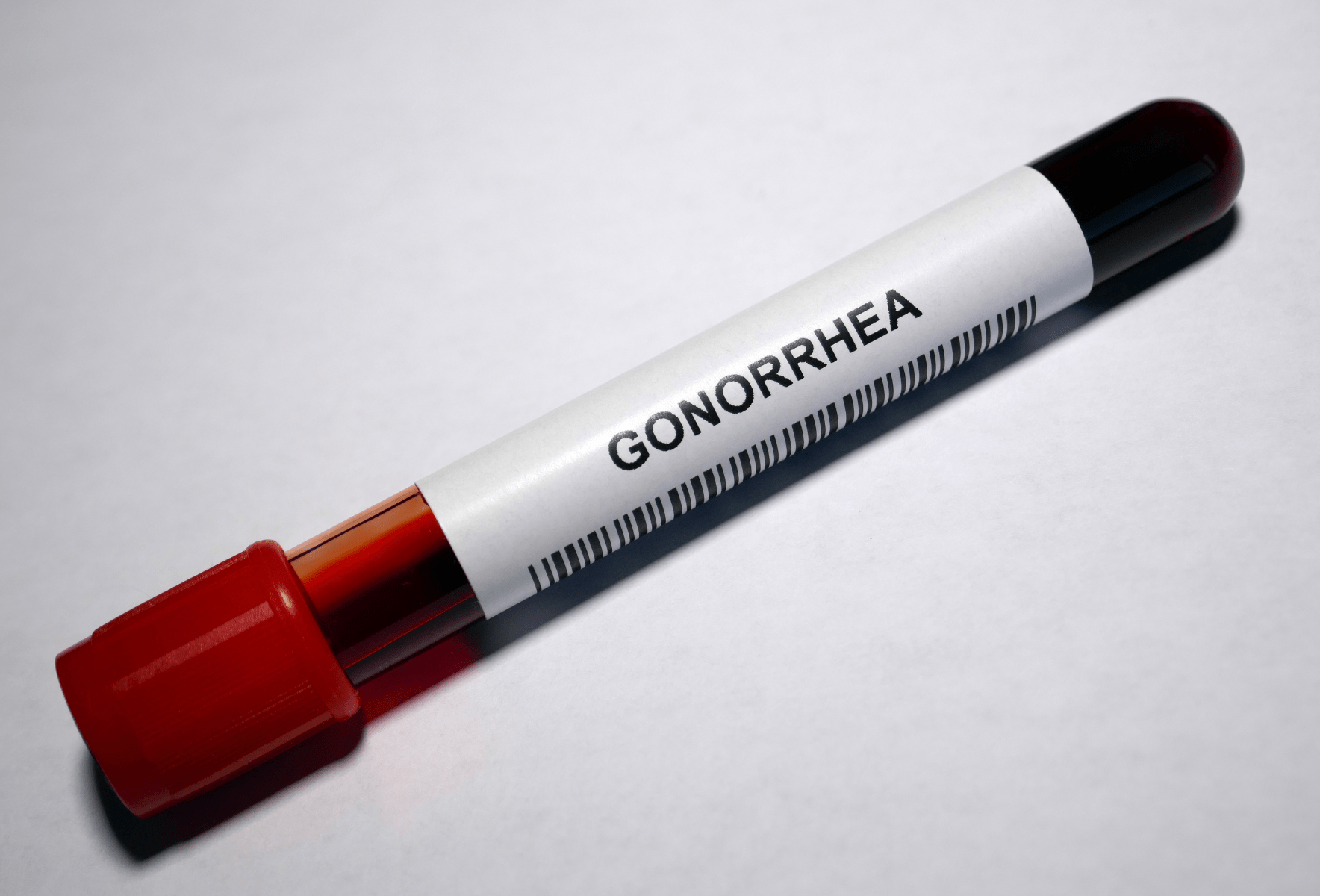
Exploring Natural Remedies for Gonorrhea: A Holistic Approach
Hey there, let’s talk about a subject that might not be your usual dinner table conversation – gonorrhea. It’s a common sexually transmitted infection (STI), but the good news is that it’s entirely treatable. Sure, you can opt for conventional medical treatments, but what if we told you there’s a holistic approach that complements those options? In this article, we’re diving deep into natural remedies for gonorrhea. From potent herbs and supplements to dietary choices and lifestyle adjustments, we’ll explore a range of holistic strategies that can potentially support your recovery journey. We’re all about empowering you with knowledge and choices, so you can make informed decisions about your health. So, buckle up and join us on this informative ride as we delve into a holistic approach to managing gonorrhea effectively.
Before we delve into natural remedies, it’s essential to understand gonorrhea. This bacterial infection is primarily spread through sexual contact, affecting both men and women. If left untreated, gonorrhea can lead to severe complications, such as pelvic inflammatory disease in women or epididymitis in men. While antibiotics are typically prescribed to treat gonorrhea, the rise of antibiotic-resistant strains is a growing concern. That’s where natural remedies come into play. They can complement conventional treatment, potentially enhance your recovery, and strengthen your overall well-being.
Natural Remedies to Complement Medical Treatment
Herbal Power: The Role of Medicinal Plants
Herbs have been used for centuries to combat various ailments, and gonorrhea is no exception. The natural world offers a treasure trove of botanical remedies, many of which have been harnessed for their potential to assist in gonorrhea treatment. Let’s dive deeper into the herbal allies that may provide valuable support during this health journey.
- Garlic: This pungent and versatile herb is celebrated for its remarkable antibacterial properties. Garlic contains allicin, a potent compound known for its ability to combat various pathogens, including those responsible for gonorrhea. Allicin is released when garlic is crushed or chopped, so consuming it raw is a common approach for those seeking its medicinal benefits. While the taste may be intense, the potential benefits in the fight against infection can be significant. Additionally, garlic supplements are widely available and offer an alternative for those who might find raw garlic consumption challenging.
- Goldenseal: Native to North America, goldenseal is a herb that contains an active compound called berberine. Berberine has exhibited significant antimicrobial properties, making it a promising candidate in the fight against gonorrhea. It can disrupt the development of the bacteria responsible for the infection. Goldenseal is available in various forms, including capsules and teas, providing flexibility in how it can be incorporated into your holistic treatment plan.
- Echinacea: This vibrant purple-petaled flower has earned its reputation as an immune-boosting powerhouse. A robust immune system is your body’s primary defense against infections, including gonorrhea. Echinacea supplements and teas are widely accessible and can contribute to strengthening your immune response. By supporting your body’s natural ability to fend off invaders, Echinacea plays a role in maintaining overall health.
- Olive Leaf Extract: Extracted from the leaves of the olive tree, this natural remedy boasts impressive antimicrobial properties. The active component, oleuropein, is known for its ability to combat bacteria, viruses, and other pathogens. As part of your holistic treatment approach, olive leaf extract can act as a formidable ally, working in harmony with your immune system to combat gonorrhea. Olive leaf extract is available in various forms, such as tinctures and supplements, offering convenience in its usage.
- Calendula: The cheerful, golden blooms of calendula offer more than aesthetic appeal. Calendula is celebrated for its anti-inflammatory properties, which can provide relief from discomfort associated with gonorrhea. Whether used topically as a salve or infused into teas, calendula can be a soothing addition to your holistic care regimen. Its ability to reduce inflammation aligns with its historical use in promoting skin health and soothing irritated mucous membranes, making it a valuable natural remedy during the healing process.
Nutritional Support: What to Eat and What to Avoid
Diet plays a pivotal role in managing any health condition, including gonorrhea. While there’s no magic food that can instantly cure the infection, the foods you consume can significantly impact your overall health and immune system. By making mindful dietary choices, you can create a more resilient internal environment, better equipped to combat infections. Here’s what you should consider including and avoiding in your diet during your journey to recovery.
- Eat Fruits and Vegetables: Nature’s bounty offers an array of fruits and vegetables, each brimming with essential vitamins, minerals, and antioxidants. Incorporating a rainbow of produce into your daily meals can provide your body with the nutrients it needs to function optimally. Vitamins, such as vitamin C, vitamin A, and various B vitamins, play critical roles in supporting your immune system. Additionally, antioxidants help combat free radicals and reduce oxidative stress. Examples of antioxidant-rich foods include berries, citrus fruits, leafy greens, and bell peppers. By nourishing your body with these nutrient-dense options, you enhance your overall well-being and boost your immune defenses.
- Include Probiotics: Probiotics are beneficial microorganisms that reside in your gut and play a pivotal role in your digestive and immune health. Fermented foods like yogurt, kefir, sauerkraut, and kimchi are rich sources of probiotics. These friendly bacteria support a balanced and healthy gut microbiome. A flourishing gut microbiome strengthens your immune system, helping it operate at its best. When facing an infection like gonorrhea, a robust immune response is essential for recovery. By including probiotic-rich foods in your diet, you nurture your body’s natural defenses.
- Avoid Sugary and Processed Foods: Sugar is a double-edged sword. While it tantalizes our taste buds, excessive sugar consumption can weaken the immune system. High sugar intake leads to increased inflammation and negatively impacts immune cell function. To bolster your body’s defenses against gonorrhea, it’s essential to reduce sugar consumption and avoid overly processed foods that often contain hidden sugars. Opt for natural sweeteners like honey or maple syrup in moderation and read food labels carefully to identify and limit added sugars in your diet. Reducing your sugar intake can help maintain a strong immune response during the healing process.
- Stay Hydrated: Water is often an unsung hero in the realm of wellness. Adequate hydration is vital for your overall health, and it becomes even more critical when dealing with infections. Staying well-hydrated supports your body’s natural detoxification processes, helping flush out toxins and waste products.
Lifestyle Tweaks for a Holistic Recovery
Leading a healthy lifestyle can make a significant difference when you’re dealing with gonorrhea:
- Rest: Your body needs adequate rest to recover. Make sure you get plenty of sleep.
- Stress Management: High stress can weaken your immune system. Consider practices like yoga, meditation, or mindfulness to reduce stress levels.
- Safe Sex: It’s crucial to practice safe sex to prevent reinfection or spreading the infection to others.
- Abstain from Alcohol and Smoking: Both alcohol and smoking can weaken your immune system. Temporarily abstaining can aid in the healing process.
- Consult a Healthcare Professional: Remember, these natural remedies are meant to complement medical treatment, not replace it. Always consult a healthcare professional for guidance on your specific situation.
Stay tuned as we further explore practical tips for prevention, the power of a holistic approach, and when it’s essential to seek medical help.
Practical Tips for Prevention
The old saying “prevention is better than cure” holds true when it comes to gonorrhea. Here are some practical tips to minimize your risk of contracting this STI:
- Safe Sex: Use barrier methods like condoms consistently and correctly during sexual intercourse. This remains the most effective way to prevent the spread of gonorrhea.
- Regular Testing: If you’re sexually active, regular STI testing can help detect gonorrhea early, ensuring timely treatment.
- Limit Sexual Partners: Reducing your number of sexual partners can lower your risk of exposure.
- Partner Screening: Ensure that both you and your partner are tested for STIs, including gonorrhea, before engaging in sexual activity.
- Open Communication: Talk openly with your partner about sexual health, STI status, and the use of protection. Honest communication can lead to safer practices.
The Power of a Holistic Approach
Taking a holistic approach to managing gonorrhea can lead to better overall health and well-being. Holistic treatments address the root causes of health issues and promote balance in the body. While natural remedies offer support, it’s important to work in conjunction with medical professionals for a well-rounded approach to healing.
By incorporating herbs, diet, lifestyle adjustments, and prevention strategies, you’re not only managing gonorrhea but also enhancing your body’s resilience against future infections.
When to Seek Medical Help
While holistic remedies can play a valuable role, it’s essential to recognize when medical intervention is necessary. You should seek immediate medical attention if you experience severe symptoms, such as:
- Persistent abdominal pain
- Unusual vaginal or penile discharge
- High fever
- Nausea or vomiting
- Dizziness or fainting
Medical professionals can provide the most effective treatment options, ensuring your health and safety.
Conclusion
In conclusion, gonorrhea, though common, doesn’t need to be a life-altering diagnosis. With a comprehensive approach that encompasses natural remedies, sound lifestyle choices, and effective prevention strategies, you can successfully manage this infection. Your health is your most valuable asset, and it’s crucial to take proactive steps to protect and nurture it. By staying informed and making well-informed decisions, you can navigate the challenges of gonorrhea while preserving your overall well-being. Remember, you have the power to shape your health and future.

References:
- 10 Home Remedies For Gonorrhea. (n.d.). Joybynature.com. https://www.joybynature.com/blogs/therapies-remedies/94364039-10-home-remedies-for-gonorrhea
- Allo Health. (2023, June 2). 7 Home Remedies For Treating Gonorrhea | Allo Health. Allo Health. https://www.allohealth.care/healthfeed/stds/home-remedies-for-gonorrhea
- Bennington-Castro, J. (2023, May 12). What is gonorrhea? Symptoms, causes, diagnosis, treatment, and prevention. EverydayHealth.com. https://www.everydayhealth.com/gonorrhea/guide/
- Crna, R. N. M. (2022, April 20). Gonorrhea Home Remedies: Separating Fact from Fiction. Healthline. https://www.healthline.com/health/home-remedies-for-gonorrhea#popular-remedies
- Cure Gonorrhea without Going to the Doctor. (n.d.). WebMed Pharmacy - FREE Next Day UK Delivery. https://webmedpharmacy.co.uk/blog/cure-gonorrhoea-without-going-to-the-doctor-surgery
- Dineshwori, L. (2020, September 15). Gonorrhea: Natural remedies to treat this STD at home | TheHealthSite.com. TheHealthSite. https://www.thehealthsite.com/sexual-health/sexually-transmitted-disease-natural-remedies-to-treat-gonorrhea-at-home-768429/
- Farrukh, M. (2023, October 12). How to cure gonorrhea without going to the doctor. Free Online Doctor Chat 24/7. https://yourdoctors.online/how-to-cure-gonorrhea-without-going-to-the-doctor/
- Glenn, W. F. (1906a). TREATMENT OF GONORRHEA IN THE MALE. JAMA, XLVII(22), 1828. https://doi.org/10.1001/jama.1906.25210220054002
- Glenn, W. F. (1906b). TREATMENT OF GONORRHEA IN THE MALE. JAMA, XLVII(22), 1828. https://doi.org/10.1001/jama.1906.25210220054002
- Gonorrhea symptoms + 9 Natural Ways to Relieve them - Dr. Axe. (2023, June 19). Dr. Axe. https://draxe.com/health/gonorrhea-symptoms/
- Marshalln. (2022, August 11). Natural remedies for sexually transmitted infections - Switch On Health. Switch On Health. https://switchonhealth.com.au/natural-remedies-for-sexually-transmitted-infections/
- Mph, D. H. M. (2021, September 10). Gonorrhea: Symptoms, Treatment, Causes, Test & In Men. eMedicineHealth. https://www.emedicinehealth.com/gonorrhea/article_em.htm
- Mulaudzi, R., Ndhlala, A., & Van Staden, J. (2015). Ethnopharmacological evaluation of a traditional herbal remedy used to treat gonorrhoea in Limpopo province, South Africa. South African Journal of Botany, 97, 117–122. https://doi.org/10.1016/j.sajb.2014.12.007
- Professional, C. C. M. (n.d.). Gonorrhea. Cleveland Clinic. https://my.clevelandclinic.org/health/diseases/4217-gonorrhea
- Raypole, C. (2023, October 19). Everything you need to know about Gonorrhea. Healthline. https://www.healthline.com/health/gonorrhea
- The most important herbs used in the treatment of sexually transmitted infections in traditional medicine | Sudan Journal of Medical Sciences (SJMS). (n.d.). https://knepublishing.com/index.php/SJMS/article/view/4691/9300
- Van Puyvelde, L., Geiser, I., Rwangabo, P., & Sebikali, B. (1983). Rwandese herbal remedies used against gonorrhoea. Journal of Ethnopharmacology, 8(3), 279–286. https://doi.org/10.1016/0378-8741(83)90065-x
- What’s the treatment for gonorrhea? (2017, May 4). WebMD. https://www.webmd.com/sexual-conditions/gonorrhea-treatment
- Whnp-Bc, L. S. M. B. (2023, January 6). What to know about gonorrhea. https://www.medicalnewstoday.com/articles/155653
